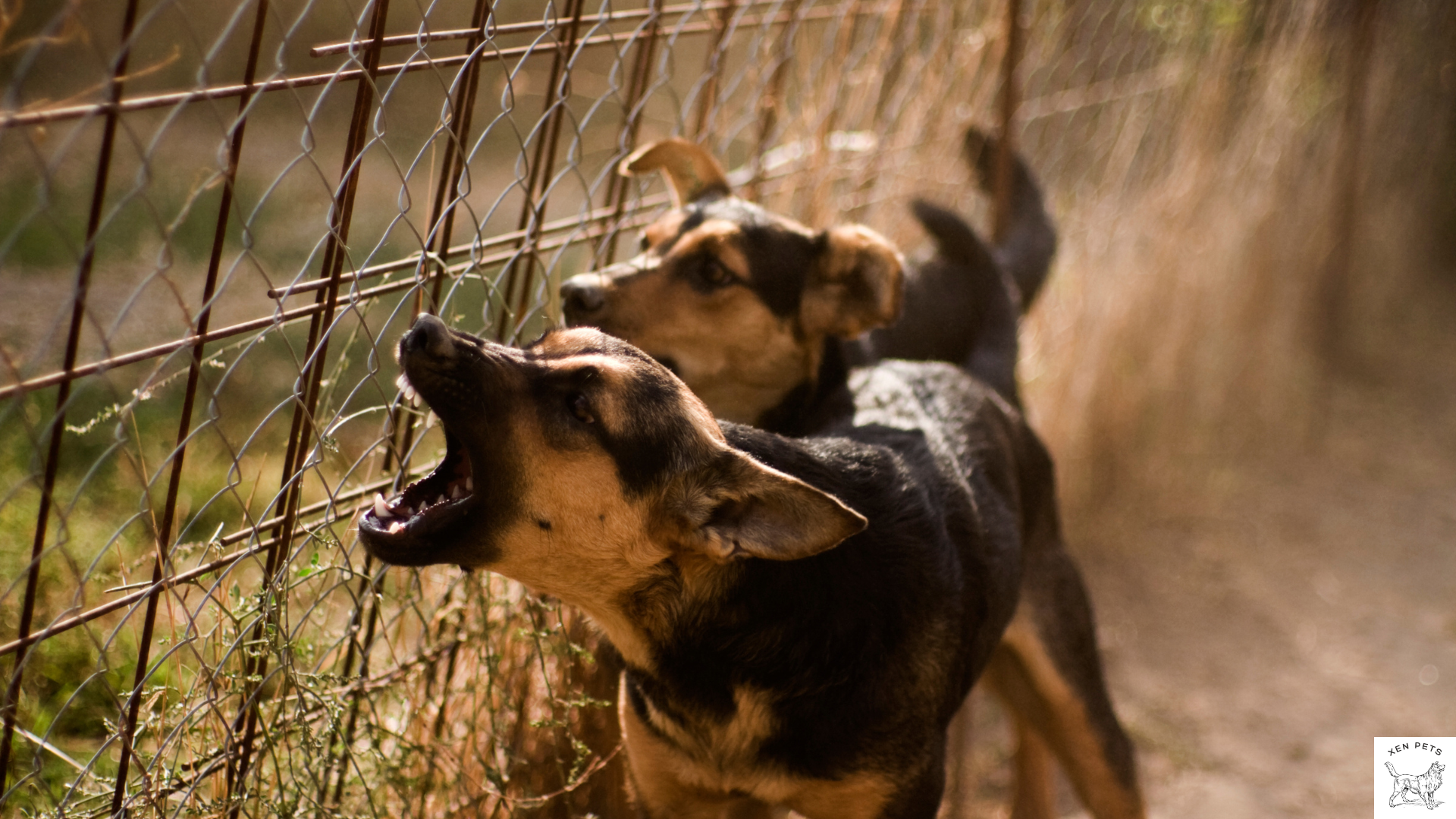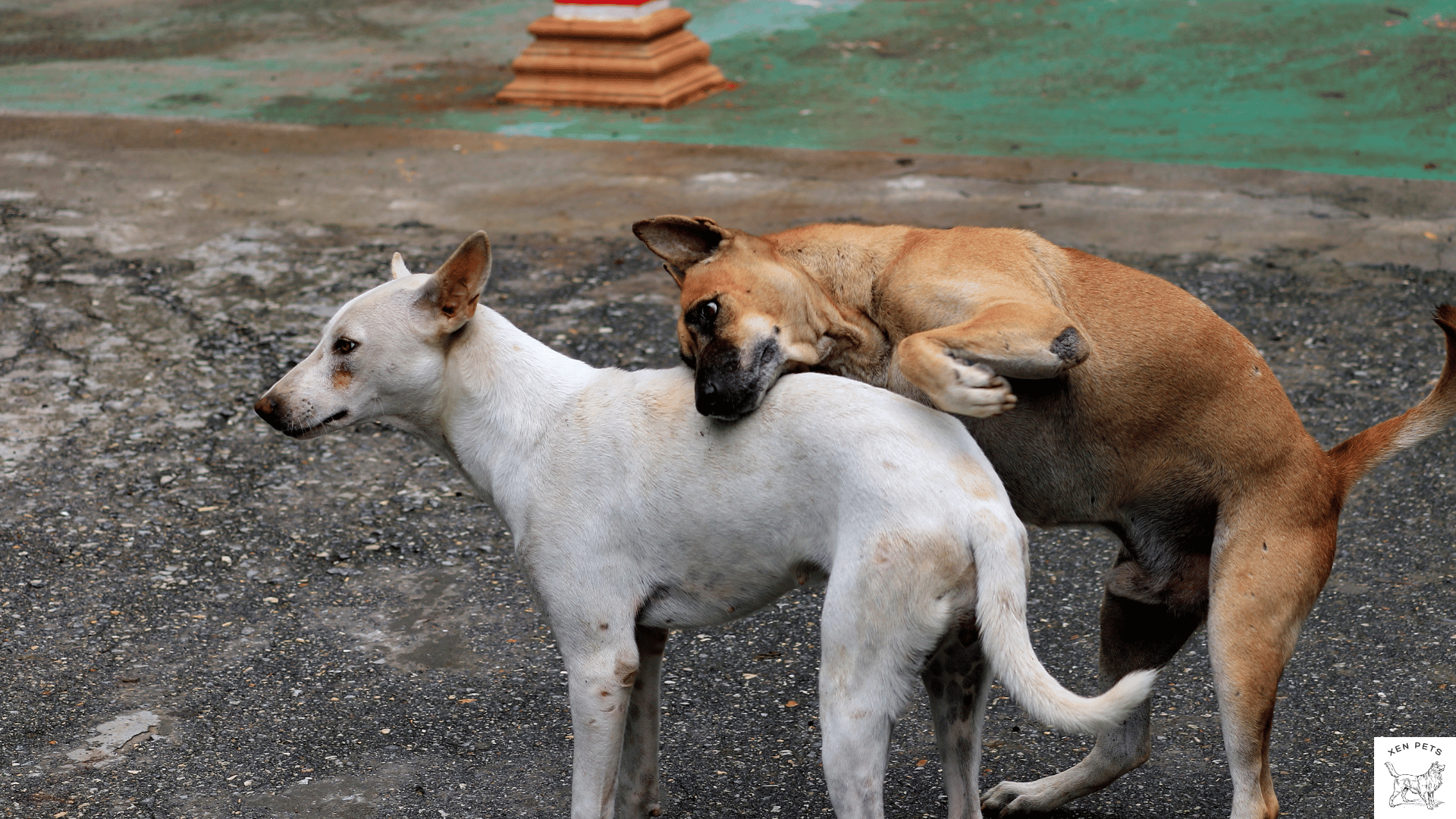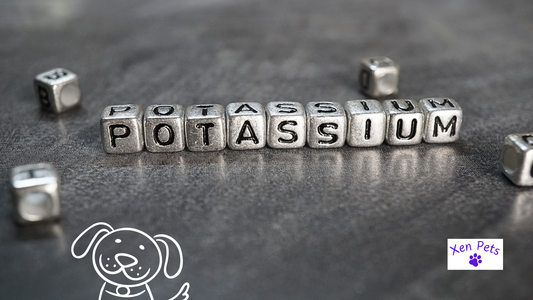3 Reasons Why Dogs Put Their Ears Back
Tory JohnsonShare
Have you ever been walking your dog and noticed their ears shifting back towards the middle of their head and wondered why? Dogs put their ears back for all sorts of reasons - from being happy to showing fear - and understanding what’s behind those subtle movements can give dog owners invaluable insight into how our canine companions are feeling.
In this article, we'll discuss this interesting behavior so you're better equipped to understand your dog's behaviors and emotions.
3 Reasons why your dog's ears are pinned back
Your dog's ears are one of the best indicators into their mood. Let's take a look at 3 reasons your dog's ears are pinned back.
1. Fear

Understanding dog body language is crucial for any responsible dog owner. When a dog's ears are pulled back, it is often a sign of fear or anxiety in response to a perceived threat or uncomfortable situation.
It's important to pay attention to our dog's body language to pick up on these subtle cues. It's essential to create a safe and comfortable environment for our furry friends, and by recognizing when their ears are pulled back, we can help to alleviate their anxiety and fear.
2. Danger

If you notice your dog's ears pulled back tightly against their head, it could be a sign of danger.
Dogs use this body language to communicate their aggression and discomfort.
It's important to take this warning seriously and assess the situation, whether it be a new person or animal approaching, or a potential threat nearby.
Understanding your dog's body language can help keep them safe and prevent any unwanted confrontations.
3. Mating and courting

One of the subtle cues that they give off when courting a potential mate is the positioning of their ears.
While some dogs may wag their tail or stand up straight in attempts to impress their love interest, others will pull their ears back.
This gesture can vary in intensity from a slight tilt to a full-on flop. It's a sign that the dog is being submissive and showing that they are not a threat.











